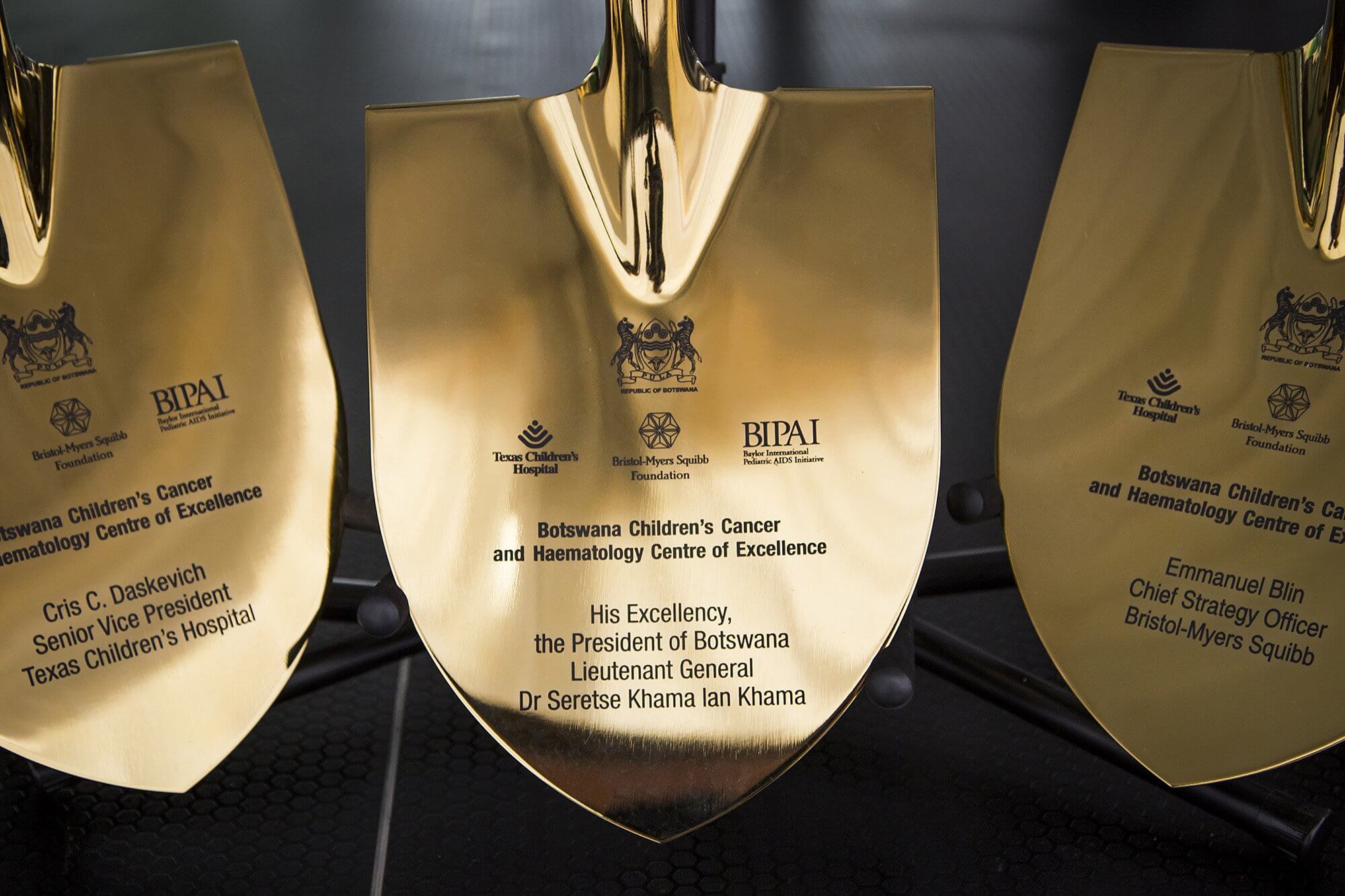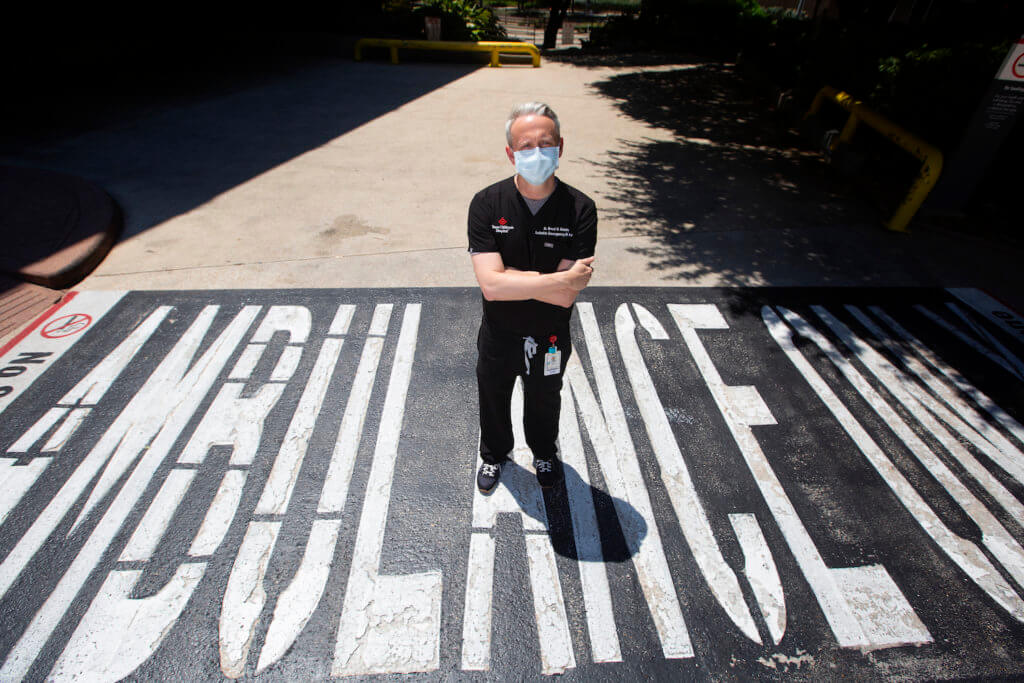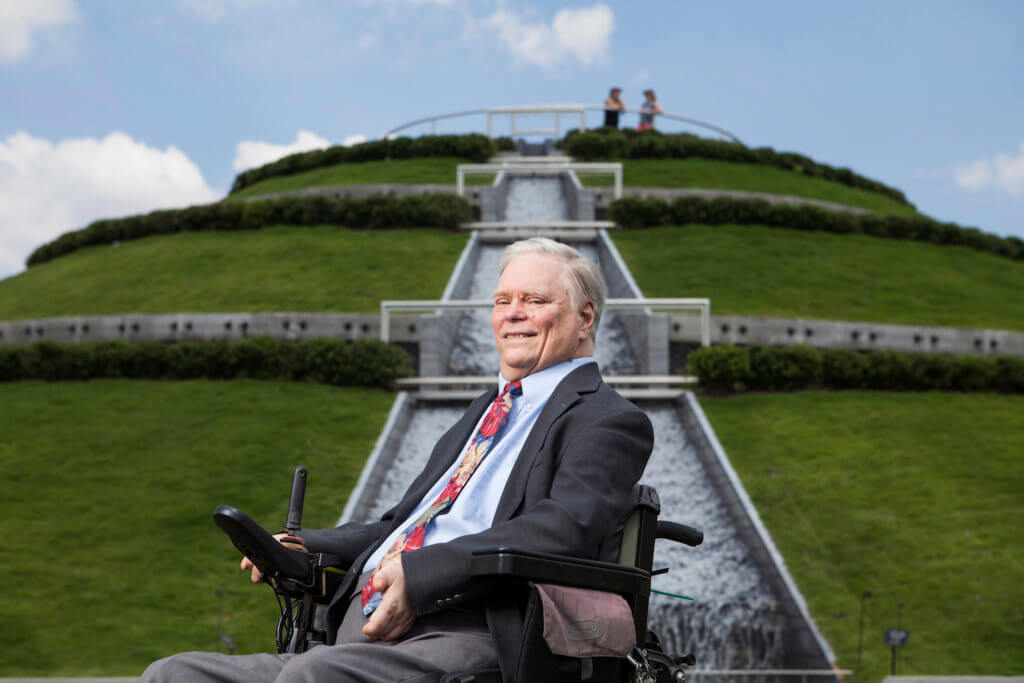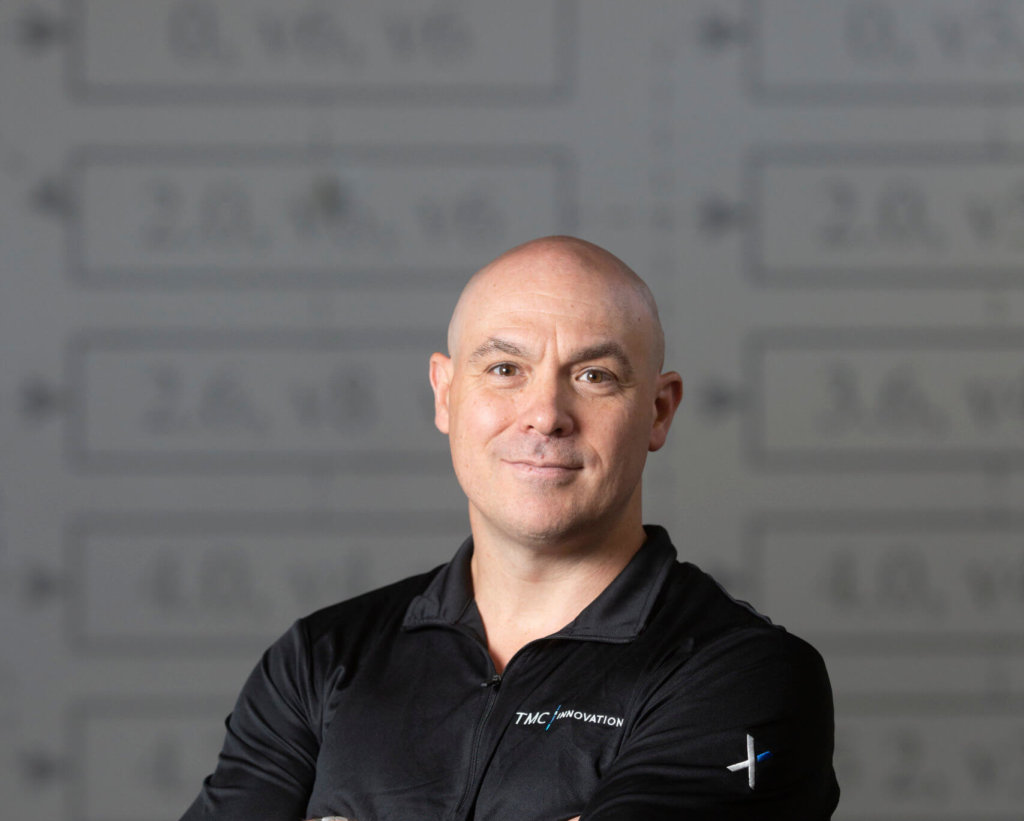Comprehensive Pediatric Hematology-Oncology Initiative Launched in Africa

Texas Children’s Cancer and Hematology Centers, the Baylor International Pediatric AIDS Initiative at Texas Children’s Hospital and the Bristol-Myers Squibb Foundation, in partnership with the governments of Botswana, Uganda and Malawi, today announced a $100 million initiative to create an innovative pediatric hematology-oncology treatment network in southern and east Africa. The comprehensive initiative, called Global HOPE (Hematology-Oncology Pediatric Excellence), will build long-term capacity to treat and improve the prognosis of thousands of children with blood disorders and cancer in the region.
“Global HOPE will help build capacity in Botswana, Malawi and Uganda to diagnose and care for children with blood disorders and cancer, offering the potential for transformational improvement in survivorship and quality of life for these children,” said Dr. David Poplack, director of Texas Children’s Cancer and Hematology Centers and professor of pediatrics at Baylor College of Medicine
In the United States, 80 percent of children with cancer survive. However, in sub-Saharan Africa, the overwhelming majority of pediatric patients do not survive. The mortality rate is estimated to be as high as 90 percent, meaning that thousands of children die from cancer across Africa each year. This is in large part due to an inadequate health care infrastructure and a significant lack of physicians and other health care workers trained to treat children with cancer. The most common types of childhood cancers are blood cancers, including leukemia and lymphoma.
Global HOPE will partner with local government and Ministries of Health to build medical capacity to diagnose and treat pediatric blood disorders and cancer in Botswana, Malawi and Uganda. The initiative also will create significant clinical, educational and research capabilities. Doctors, nurses and ancillary professionals will be recruited from around the world to provide training to local health care professionals and to begin treating children with blood disorders and cancer immediately.
“This project is building on a solid foundation for pediatric cancer treatment in Botswana that began with pediatric oncologists from Texas Children’s Cancer and Hematology Centers,” said His Excellency the President Lt. Gen. Dr. Seretse Khama Ian Khama of the Republic of Botswana, where a ceremony to launch the initiative was held. “The Global HOPE program will bring to Botswana the latest biomedical technologies and the potential to work with local institutions such as the Botswana Innovation Hub and University of Botswana to quickly increase the survival of children with cancer and life threatening blood disorders in Botswana and the region.”
The Bristol-Myers Squibb Foundation is committing $50 million over five years to fund the training of health care providers as well as clinical infrastructure and operations. BIPAI will raise an additional $50 million to provide for future operating costs of the Centers.
“We are eager to get started on this critical initiative to help children with blood disorders and cancer. Working with our partners and drawing on our expertise of building sustainable health systems in underserved countries, we will help make a significant difference in the outcomes for children while creating a blueprint for other countries to follow,” said Dr. Giovanni Caforio, chairman of the board of the Bristol-Myers Squibb Foundation and chief executive officer of Bristol-Myers Squibb Co. “This initiative builds on 18 years of success of the Foundation’s Secure the Future program and will offer new hope to families impacted by pediatric blood disorders and cancer.”
As public-private partners, the various governments will each play an important role in developing the pediatric hematology-oncology network, assisting with the training, technical assistance, logistics and resources to support the Global HOPE.
The Global HOPE initiative is expected to train an estimated 4,800 health care professionals from Botswana, Uganda, Malawi and other African countries, including doctors and nurses specializing in pediatric hematology-oncology and social workers. Program leaders estimate that more than 5,000 children will receive care in the first five years.
“With only five pediatric oncologists currently in the countries of Botswana, Malawi and Uganda, combined, there are simply not enough expert doctors to treat all the children diagnosed with blood disorders and cancer. We believe that in these countries there are more than 11,000 new cases annually of pediatric cancer and 40,000 new cases of serious, life-threatening blood disorders such as sickle cell disease and hemophilia. Because of these staggering numbers, more health care providers are urgently needed,” Poplack said.
The Global HOPE initiative will be modeled on the work of BIPAI, the Bristol-Myers Squibb Foundation and local governments to create the largest pediatric HIV treatment network in sub-Saharan Africa, leveraging existing experience, infrastructure and public-private partnerships created through the initiative. Since 2003, the BIPAI network has trained 52,000 health care professionals and currently provides care for nearly 300,000 children with HIV and their families in sub-Saharan Africa, lowering the mortality rate for these children to 1.2 percent.
“The success we’ve had in radically changing the course of pediatric HIV/AIDS in sub-Saharan Africa is due in large part to the tremendous support provided by the country governments, health care providers on the ground and donors who have made our work possible,” said Dr. Mark W. Kline, president and founder of BIPAI, chair of pediatrics at Baylor and physician-in-chief of Texas Children’s. “We look forward to helping patients and their families by embarking on this unchartered area of cancer care in Africa. Working with our partners, we aim to build a self-sustaining infrastructure that changes the tide of these childhood diseases in sub-Saharan Africa.”












